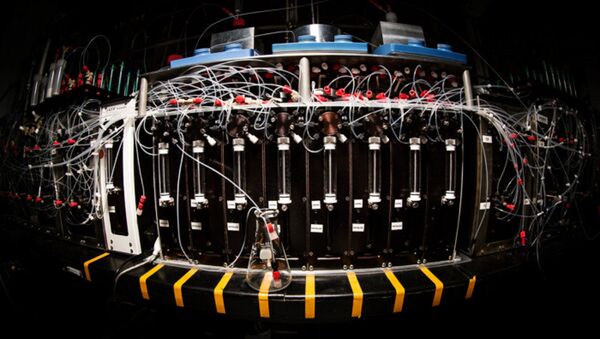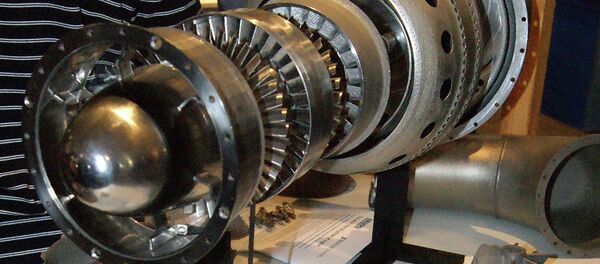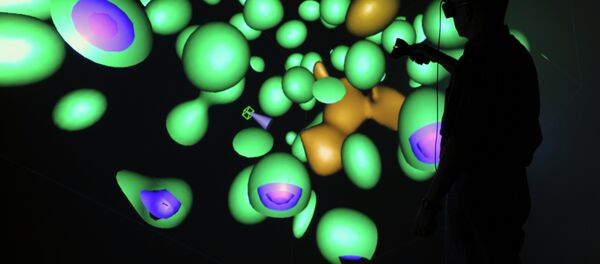The revolutionary molecule-making device has been created by chemists at the University of Illinois, led by chemistry professor Martin D. Burke.
The device can be likened to a 3D printer that is capable of working at the molecular level to assemble complex small molecules at the click of a mouse.
This process could add greatly to speeding up a new drug development and other technologies that rely on small molecules. In particular, small molecules are key elements in technologies like solar cells and LEDs.
"We wanted to take a very complex process, chemical synthesis, and make it simple. Simplicity enables automation, which, in turn, can broadly enable discovery and bring the substantial power of making molecules to non-specialists," Burke said.
Meanwhile, Miles Fabian of the National Institutes of Health's National Institute of General Medical Sciences, has highly appreciated Burke's research that Fabian said "has yielded a significant advance that helps make complex small molecule synthesis more efficient, flexible and accessible."
"It is exciting to think about the impact that continued advances in these directions will have on synthetic chemistry and life science research," Fabian said.



